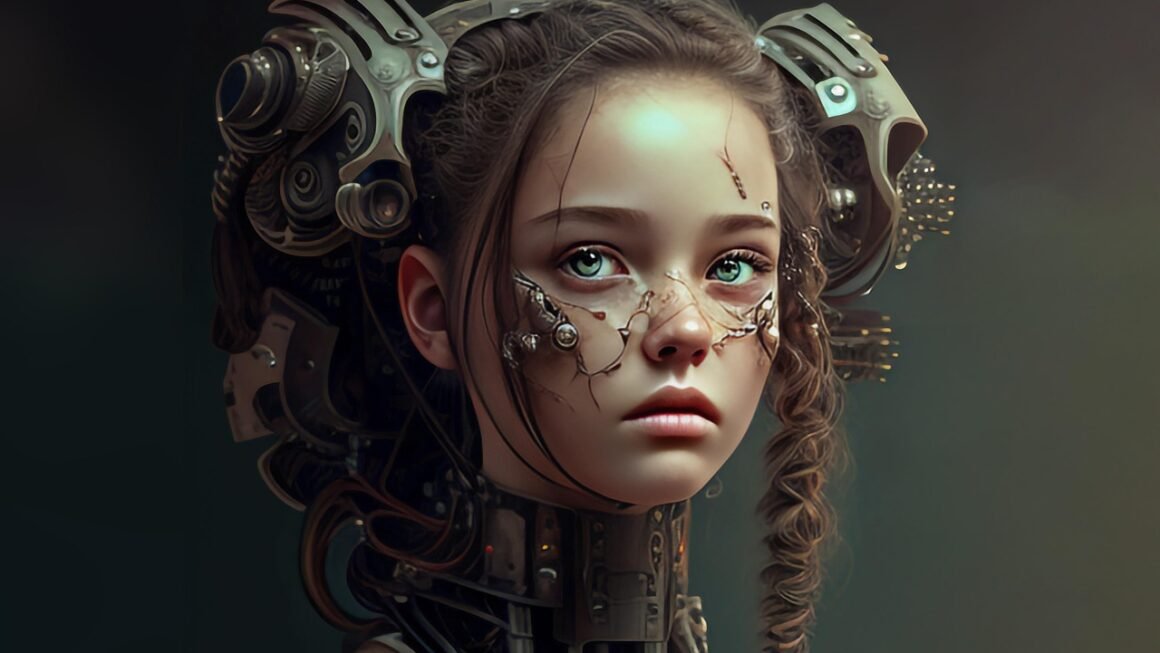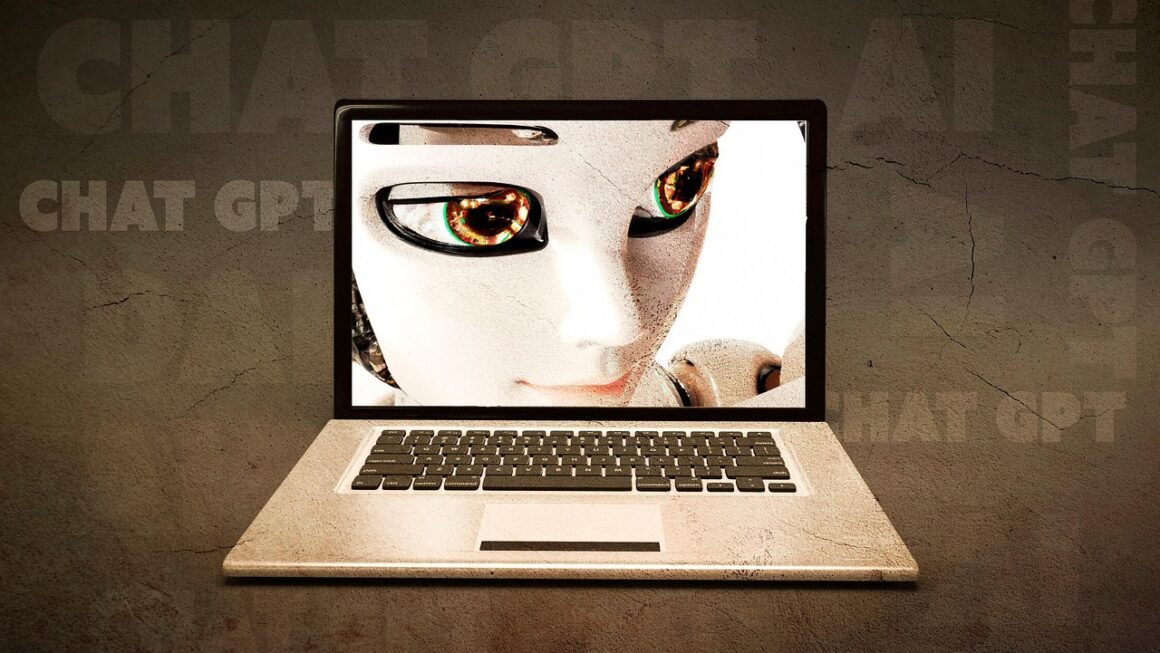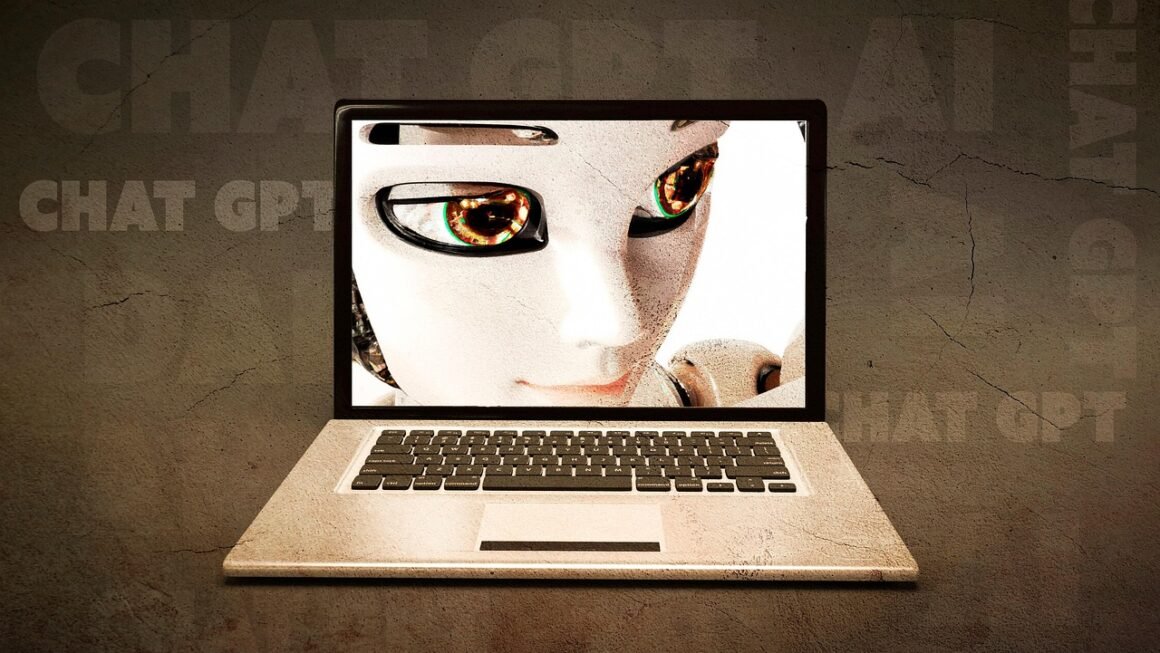Artificial intelligence (AI) is revolutionizing numerous industries, and the gaming world is no exception. From enhancing player experiences to creating more complex and realistic game environments, AI is rapidly becoming an integral part of game development and gameplay. This article delves into the multifaceted applications of AI in gaming, exploring its impact on various aspects of the industry and highlighting the exciting possibilities that lie ahead.
AI-Powered Non-Player Characters (NPCs)
Smarter Enemies and Allies
Traditional game NPCs often follow pre-programmed routines, making their behavior predictable and repetitive. AI allows for the creation of NPCs with more dynamic and adaptive behaviors. These AI-driven characters can learn from player actions, react realistically to changing circumstances, and provide a more engaging and challenging experience.
- Examples:
– In strategy games like Civilization, AI opponents can now develop complex strategies based on your actions, forcing you to adapt and improve.
– Action RPGs like The Elder Scrolls series are using AI to make NPCs seem more realistic in their daily routines. NPCs will react to the player’s actions, remember past interactions, and have more varied conversations.
Emergent Gameplay
AI can facilitate “emergent gameplay,” where unpredictable and interesting situations arise from the interactions between AI agents and the player within the game world. This results in unique and memorable gaming experiences that were not explicitly programmed by the developers.
- Benefit: Replayability is significantly increased as each playthrough can generate entirely new and unexpected scenarios.
- Example: In Grand Theft Auto V, the AI-driven pedestrian and traffic systems can create unexpected car crashes and chases, leading to unique and humorous situations.
AI in Game Design and Development
Procedural Content Generation (PCG)
PCG leverages AI algorithms to automatically generate game content, such as levels, maps, characters, and even entire storylines. This dramatically reduces the time and resources required for content creation, allowing developers to focus on other aspects of the game.
- Benefit: Streamlines development and facilitates larger and more diverse game worlds.
- Example: Games like No Man’s Sky utilize PCG to create billions of unique planets, each with its own flora, fauna, and geological features.
- Example: Roguelike games frequently use procedural generation to create new dungeons for each playthrough, adding variety and unpredictability.
Automated Testing and Bug Detection
AI can automate the tedious and time-consuming process of game testing. AI agents can be trained to play the game, identify bugs, and report issues to the development team.
- Benefit: Speeds up the development process and improves the overall quality of the game.
- Example: AI can be used to play through various scenarios and difficulty levels, identifying areas where the game is unbalanced or where bugs are likely to occur.
Enhancing Player Experience with AI
Dynamic Difficulty Adjustment (DDA)
DDA utilizes AI to monitor player performance and dynamically adjust the game’s difficulty level. This ensures that the game remains challenging and engaging, without becoming too frustrating or too easy.
- Benefit: Provides a personalized gaming experience tailored to the player’s skill level.
- Example: Racing games might adjust the performance of AI opponents based on the player’s lap times, providing a competitive but fair challenge.
- Example: Some fighting games adjust the AI difficulty based on the player’s win/loss ratio to provide a constantly challenging experience.
Personalized Recommendations
AI can analyze player behavior and preferences to provide personalized recommendations for games, in-game items, and even gameplay strategies. This helps players discover new content and improve their skills.
- Benefit: Improves player engagement and satisfaction.
- Example: Game stores can use AI to recommend games based on the player’s purchase history and playing habits.
- Example: In-game tutorials can be customized to focus on the aspects of the game that the player is struggling with.
AI-Driven Game Analytics and Insights
Player Behavior Analysis
AI can analyze vast amounts of player data to identify patterns and trends in player behavior. This information can be used to improve game design, balance gameplay, and optimize monetization strategies.
- Benefit: Provides developers with valuable insights into how players interact with their game.
- Example: Identifying areas of the game where players are most likely to get stuck or frustrated, allowing developers to make necessary adjustments.
- Example: Understanding which in-game items are most popular and effective, helping developers to balance the game’s economy.
Fraud Detection and Prevention
AI can be used to detect and prevent fraudulent activities in online games, such as cheating, account hacking, and illegal transactions.
- Benefit: Protects the integrity of the game and ensures a fair playing field for all players.
- Example: AI algorithms can analyze player behavior to identify suspicious patterns that may indicate cheating or account hacking.
The Future of AI in Gaming
AI as a Co-Creator
Looking ahead, AI is poised to become an even more integral part of the game development process, potentially acting as a co-creator alongside human developers. AI could assist with tasks such as world-building, character design, and story writing, allowing developers to focus on the creative vision and overall direction of the game.
- Implications: This could lead to more innovative and immersive gaming experiences that push the boundaries of what is possible.
Improved Machine Learning
Advancements in machine learning algorithms will allow for even more realistic and adaptive AI behaviors in games. Expect to see NPCs that exhibit true emergent behavior, reacting to the game world in ways that are both surprising and believable.
- Expectation: This will require larger datasets for AI training and advancements in hardware.
Conclusion
AI is fundamentally transforming the gaming industry, from enhancing NPC behavior and generating game content to providing personalized player experiences and detecting fraud. As AI technology continues to evolve, its role in gaming will only grow, paving the way for more immersive, challenging, and engaging gaming experiences for players worldwide. Embracing AI is no longer a futuristic prospect, but a current necessity for game developers aiming to stay ahead in an increasingly competitive landscape. The integration of AI allows for games to become more dynamic, personalized, and ultimately, more enjoyable for the end user.



